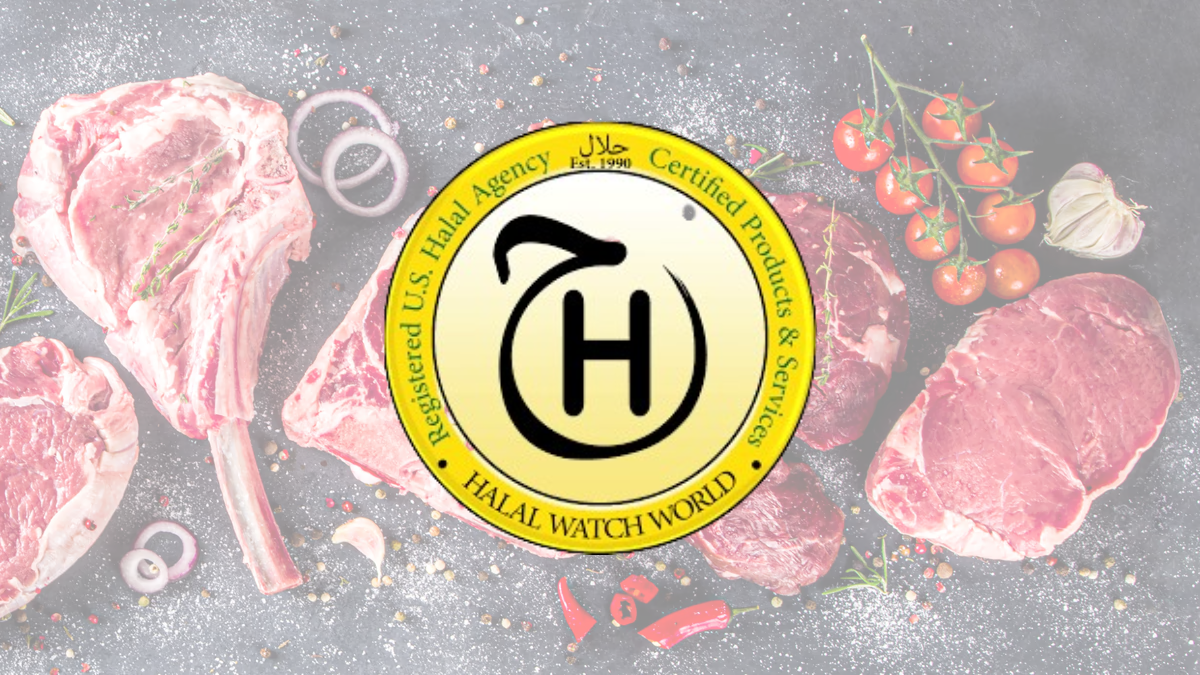Guide to Halal Certification for Meat Businesses in USA for 2025

The American halal food market continues experiencing remarkable growth, with the global halal food market expected to reach $4.93 billion by 2031, growing at a compound annual growth rate (CAGR) of 9.90%. This expansion creates significant opportunities for businesses seeking halal certification services to capture a larger share of the growing Muslim consumer base.
Growth Trends and Market Data
The global halal meat market reached $294.4 billion in 2023, with projections of $361.1 billion in 2025. This substantial growth demonstrates the increasing demand for certified halal products across America. Muslim consumers, representing a significant portion of the 2 billion halal consumers worldwide, continue driving market expansion through their purchasing power and religious requirements.
Types of Certification Bodies
The United States hosts numerous certification organizations, each serving different market segments. A Halal Certifying Body in USA must meet stringent requirements to maintain credibility and international recognition. These organizations range from national agencies to regional certifiers, each offering specialized services for different industries.
Leading Agencies and Services
Several prominent organizations dominate the certification space. Halal Food Council USA has operated as a leading certification organization in North America since 1984, while American Halal Foundation conducts ISO compliant certification with recognition in 180+ countries. These established organizations provide comprehensive halal certification services across multiple industries.
A Leading Halal Certification Agency typically offers end-to-end solutions including initial assessment, documentation review, facility inspections, and ongoing monitoring. The certification process ensures compliance with Islamic dietary laws while meeting international trade requirements for export markets.
Meat Certification Specifics
Halal meat certification requires specialized expertise due to complex slaughter requirements and handling procedures. Organizations providing Halal Certification for Meat must verify proper slaughtering methods, supply chain integrity, and facility cleanliness standards.
Halal meat certification requirements include verification of animal sourcing, slaughter supervision by qualified personnel, and segregation from non-halal products throughout processing. Companies must demonstrate complete traceability from farm to final packaging.
Processed Meat and Export Services
The export market demands rigorous standards, making halal certification services for processed meat export particularly valuable. Certified facilities can access international markets where halal certification serves as a mandatory requirement rather than optional enhancement.
Halal meat certification USA standards align with international requirements, enabling American producers to compete globally. The certification process includes documentation of all ingredients, processing methods, and quality control measures.
Technology and Innovation
AI-driven certification platforms could cut audit times by 40% by 2025, making the process faster and more accessible. These technological advances help streamline certification procedures while maintaining accuracy and compliance standards.
Top hallal certification Company
Halal Watch represents a Top hallal certification Company committed to providing comprehensive certification services across the United States. The organization specializes in helping businesses meet halal requirements through detailed auditing processes and ongoing support. Their experienced team assists companies with documentation preparation, facility assessment, and compliance maintenance to ensure long-term certification success. Halal Watch World's certification programs cover various industries, from food processing to restaurant operations, making halal products accessible to consumers nationwide.
Regulatory Challenges
Despite market growth, the lack of a unified halal certification standard remains a hurdle, with different agencies prioritizing different aspects. This fragmentation creates complexity for businesses seeking certification and consumers trying to make informed choices.
Industry Standards and Quality Control
Certified facilities must maintain continuous compliance through regular audits, ingredient verification, and staff training programs. The certification process involves comprehensive documentation review, on-site inspections, and ongoing monitoring to ensure maintained standards.
Quality control systems require detailed record-keeping, supplier verification, and contamination prevention protocols. These measures protect both product integrity and consumer trust while facilitating access to broader markets.
Future Outlook
The halal certification industry faces exciting opportunities as American Muslim populations grow and international trade expands. Technological innovations promise more efficient certification processes while maintaining strict compliance standards.
Market projections indicate continued expansion across all sectors, from restaurants to large-scale manufacturing operations. This growth creates opportunities for both established and emerging certification bodies to serve diverse client needs.
The integration of modern technology with traditional certification requirements positions the American halal industry for sustained growth throughout the decade. Companies investing in proper certification today benefit from market access and consumer trust that drives long-term success.
Read more exciting blogs on ubuntusafa.com
- Questions and Answers
- Opinion
- Motivational and Inspiring Story
- Technology
- Live and Let live
- Focus
- Geopolitics
- Military-Arms/Equipment
- Безопасность
- Economy
- Beasts of Nations
- Machine Tools-The “Mother Industry”
- Art
- Causes
- Crafts
- Dance
- Drinks
- Film/Movie
- Fitness
- Food
- Игры
- Gardening
- Health
- Главная
- Literature
- Music
- Networking
- Другое
- Party
- Religion
- Shopping
- Sports
- Theater
- Health and Wellness
- News
- Culture

